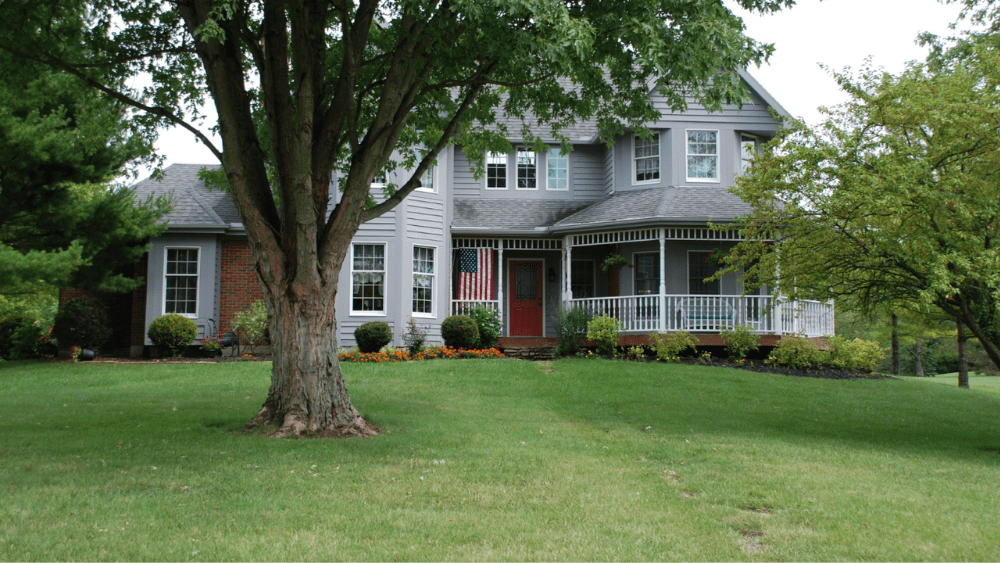
The first thing that comes to mind when you think of stigmatized houses are ones that were the scene of a famous murder or are otherwise reputed to be haunted. But it’s not just rumors of grisly deaths or spooky ghosts that can give a home a bad rap. According to the National Association of Realtors, a stigmatized property is “a property that has been psychologically impacted by an event which occurred, or was suspected to have occurred, on the property, such event being one that has no physical impact of any kind.” Top real estate agent Byron Ford of New Bedford, Massachusetts, shares that he’s come across many stigmatized properties in his almost two decades of experience. “I’ve sold houses that were stigmatized because somebody had died on the property, it was the former residence of a sex offender, and I’ve even come across the issue of a property possibly having ghosts, which is actually a home I owned myself!” With insight from Ford, we’ll fill you in on everything you need to know about selling a stigmatized house. While there are many reasons that a home may become stigmatized by the general public, these are the most common stigmas in residential real estate:What types of stigmas can a house have?



